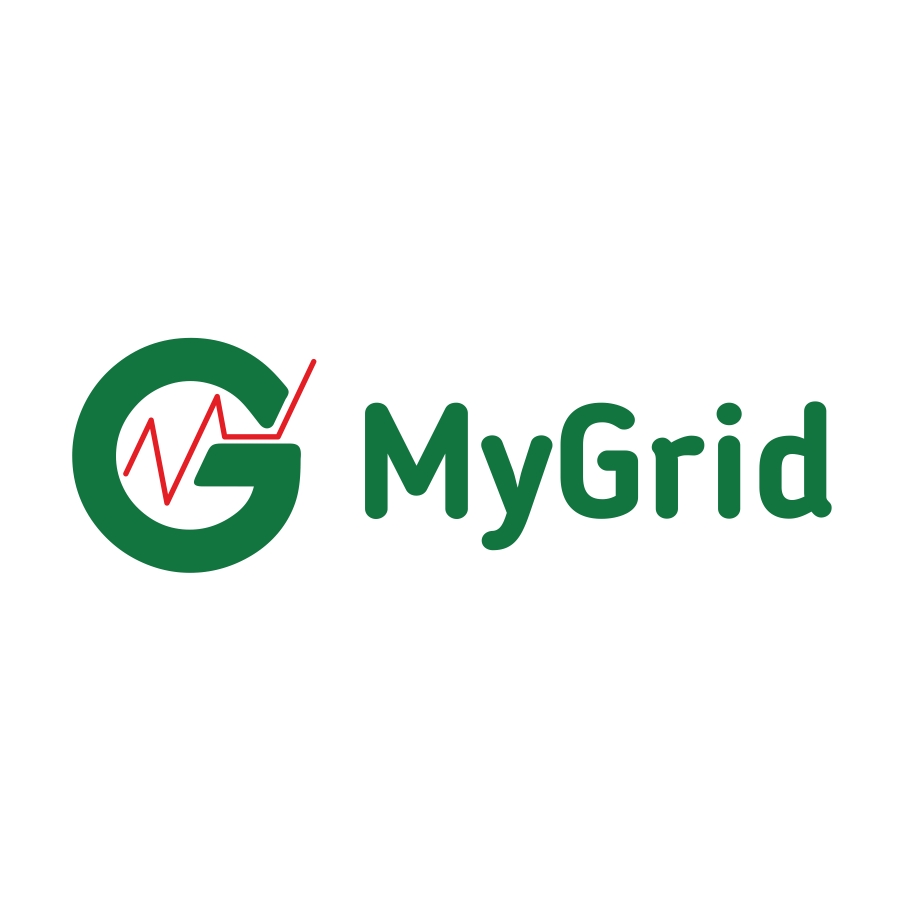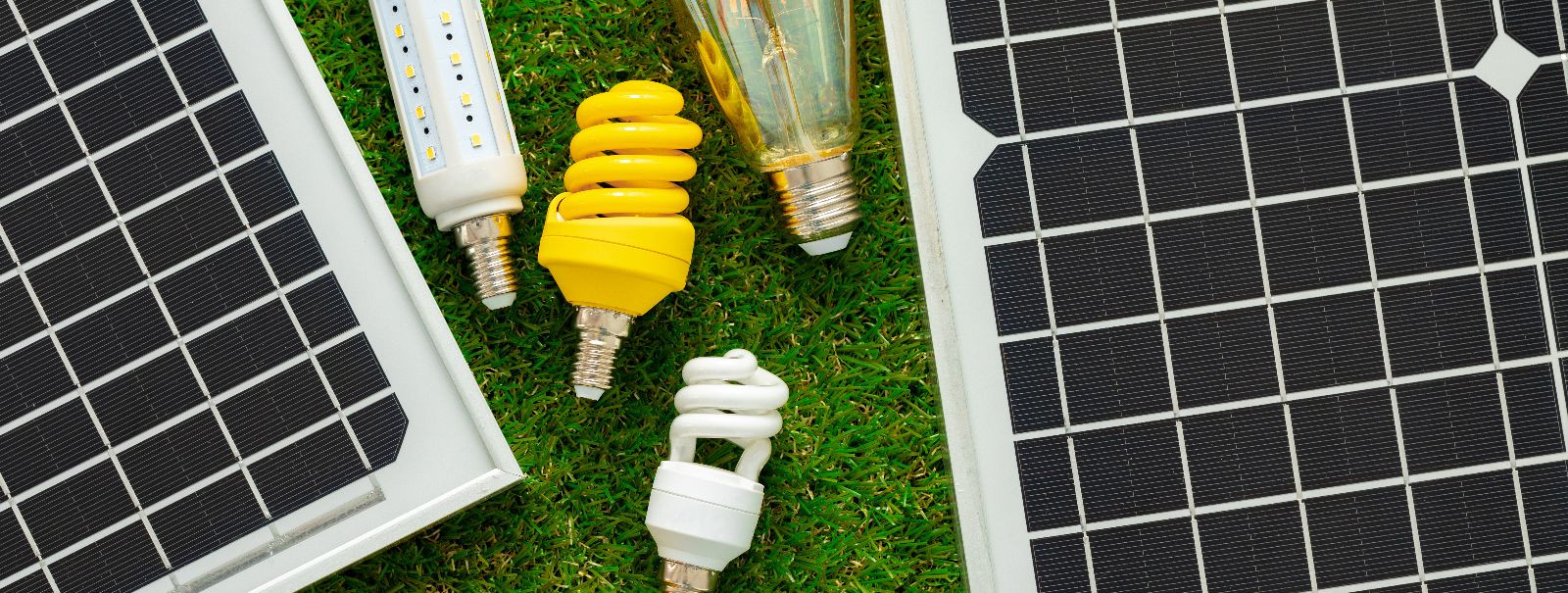The future of renewable energy solutions
As the world grapples with the pressing need to combat climate change, renewable energy solutions have emerged as a beacon of hope. These solutions harness natural resources such as sunlight, wind, and water to generate energy, offering a sustainable alternative to fossil fuels. The shift towards renewable energy is not just a trend; it is a necessary evolution to ensure a sustainable future for our planet.
2. Current Trends in Renewable Energy
Solar power has seen remarkable advancements in recent years. Innovations in photovoltaic technology have led to more efficient solar panels that can capture more sunlight and convert it into electricity. Additionally, the cost of solar panels has decreased significantly, making solar energy more accessible to homeowners and businesses alike.
Wind energy continues to be a major player in the renewable energy sector. Recent innovations include the development of larger and more efficient wind turbines that can generate more power with less environmental impact. Offshore wind farms are also gaining traction, providing a reliable source of energy with minimal land use.
Beyond solar and wind, emerging technologies such as tidal and geothermal energy are gaining attention. These technologies offer unique advantages and can complement existing renewable energy sources, providing a more diversified and resilient energy grid.
3. The Role of Smart Technology in Energy Management
Smart technology plays a crucial role in optimizing energy consumption. Real-time energy monitoring systems allow homeowners and businesses to track their energy usage, identify inefficiencies, and make informed decisions to reduce consumption. This not only leads to cost savings but also contributes to a more sustainable lifestyle.
Smart grids and energy storage solutions are revolutionizing the way we manage energy. Smart grids enable more efficient distribution of electricity, reducing waste and improving reliability. Energy storage systems, such as batteries, allow for the storage of excess energy generated from renewable sources, ensuring a steady supply even when the sun isn't shining or the wind isn't blowing.
4. Environmental and Economic Benefits
One of the most significant benefits of renewable energy is its potential to reduce carbon emissions. By replacing fossil fuels with clean energy sources, we can significantly decrease our carbon footprint, mitigating the effects of climate change and preserving the environment for future generations.
Renewable energy solutions offer substantial cost savings over time. While the initial investment may be higher, the long-term savings on energy bills and maintenance costs make it a financially sound choice. Additionally, as technology continues to advance, the efficiency of renewable energy systems will only improve, further enhancing their economic viability.
5. Challenges and Opportunities
Despite the numerous benefits, there are still challenges to the widespread adoption of renewable energy. These include regulatory hurdles, financing issues, and the need for infrastructure development. However, with continued innovation and supportive policies, these barriers can be overcome.
The future of renewable energy is bright, with numerous opportunities for growth. As technology continues to evolve, new solutions will emerge, making renewable energy more efficient and accessible. This presents a significant opportunity for businesses and homeowners to invest in sustainable energy solutions, contributing to a cleaner and more sustainable future.






Comments (0)